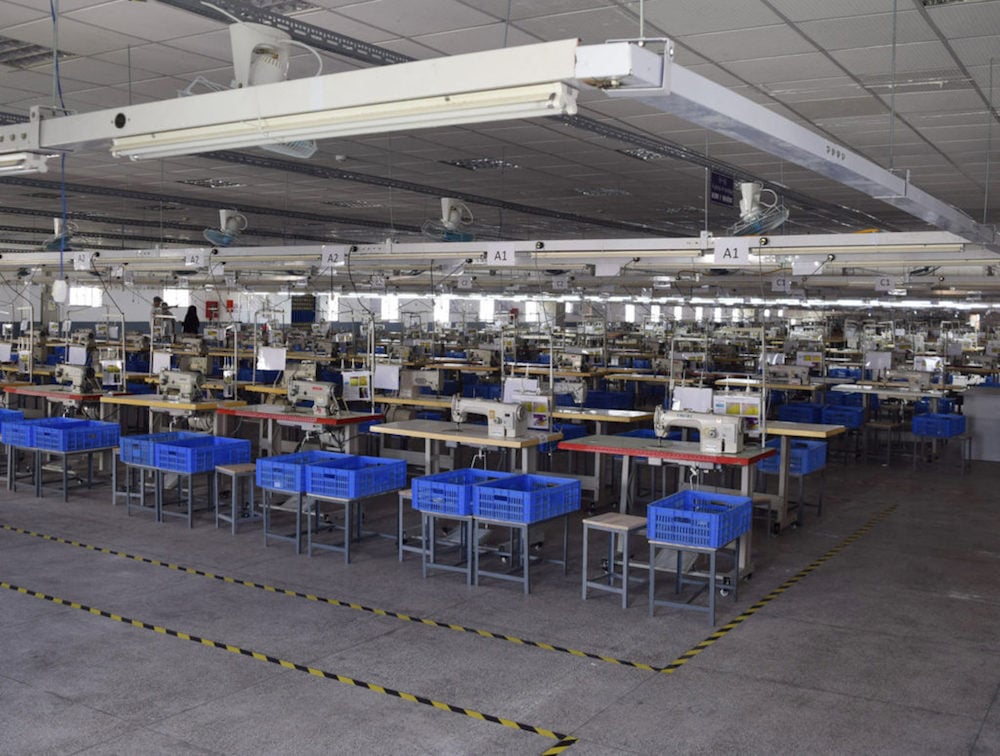Having your custom case manufactured in China is a tempting proposition. Lower manufacturing and labor costs. High-capacity production. It all sounds great, right?
That’s not quite the whole story, though.
When you decide to work directly with a manufacturer in China, you can invite unforeseen risks into the production of your custom case — factors that slow down lead times and drive up costs.
What Can Go Wrong When You Manufacture Directly in China
It Can Be Difficult to Find a Factory
Your custom case can’t come to life if you don’t have a manufacturer, and identifying a reputable factory to make your product can create an immediate pain point. Reliable information about factories in China is scarce online, making the search for a manufacturer a drawn-out process that costs you time and money.
Many companies in the United States searching for Chinese factories have turned to Alibaba, a tech giant in China that is often compared to Amazon. Among its portfolio of services, Alibaba operates an online marketplace of China-based vendors. Keep in mind, though, that the manufacturing facilities are but one business segment found in the Alibaba marketplace, and the learning curve for sifting through the massive site’s results can be steep.
More Design Iterations Raise Costs
It’s no secret that clear communications are an integral part of a successful end result. When working with a manufacturer in China, it’s not only more difficult to meet with teams due to the time difference, but there is also a language barrier that can interrupt the delivery of messages.
When messages aren’t received in the way they were intended, it’s likely that the finalized custom case will fall short of customer expectations, and more design iterations will be needed. This leads to higher costs than what was initially quoted and delayed time-to-market — a bad mix for the bottom line of businesses.
Unforeseen Shipping & Duty Costs
In an age where there are expectations to get products shipped fast, overseas shipments can feel quite time-consuming in comparison to working with domestic vendors. Whereas shipping in the U.S. can be done overnight, shipping from China could take several weeks at a minimum — and the more businesses try to expedite this part of the supply chain, the more costs will rise.
While a manufacturer in China may give you an initial quote for shipments based on your needs, this total doesn’t always reflect the actual amount. For instance, while freight and duties are often not included in quotes, they can significantly increase the final shipping cost.
Here’s an example to put this into perspective. When working directly with Chinese factories, they will quote you under the shipping terms of Free on Board (FOB) Factory. This quote does not include any shipping costs or duties, which can account for 20-50% of the total cost. And amid tariff surcharges, costs are even higher in today’s political environment.
All the while, it’s important to keep in mind that having to deal with the U.S. Customs inspection tacks on more expenses, while also adding time to the clock.
Quality Issues Increase Rejection Rates
Fast, high-capacity production can come at the expense of quality production. (To be fair, poor quality products can roll off the production lines in the U.S. if you’re not working with a top-notch manufacturer.) However, for the reasons outlined above — the higher costs and longer shipment times overseas — every batch of rejected products from a Chinese manufacturer has a bit more of a sting.
Some businesses attempt to mitigate quality control issues by hiring quality control agents who can inspect products on your behalf on-site. Again though, this is another step and expense that businesses have to endure.
Turn to CBS for Your Manufacturing Needs
At Cases By Source, we have full control over our domestic and overseas factories. You won’t have to deal with locating a manufacturer or subsequent communication barriers, and you can be confident in the production process from start to finish.
With the expertise of our in-house design and engineering team and a design for manufacturing (DFM) approach, we ensure that designed parts not only meet your requirements but that they are also manufacturable and functional. And our multiple layers of inspection help ensure this.
From a manufacturing standpoint, we offer an array of methods to provide our customers with the most effective and economical options. This list of manufacturing methods includes (but is not limited to) injection molding, rotomolding, vacuum forming, sewing, foam fabrication, aluminum molding and fabrication and silicone molding, making it a one-stop shop.
When it comes to logistics, our team can also help identify the most economical route. By bringing in containers on a monthly basis, we can help drive down freight costs that would otherwise emerge when working directly with a factory in China.
Take a closer look at our cost-effective design and manufacturing solutions here.







Leave a Comment